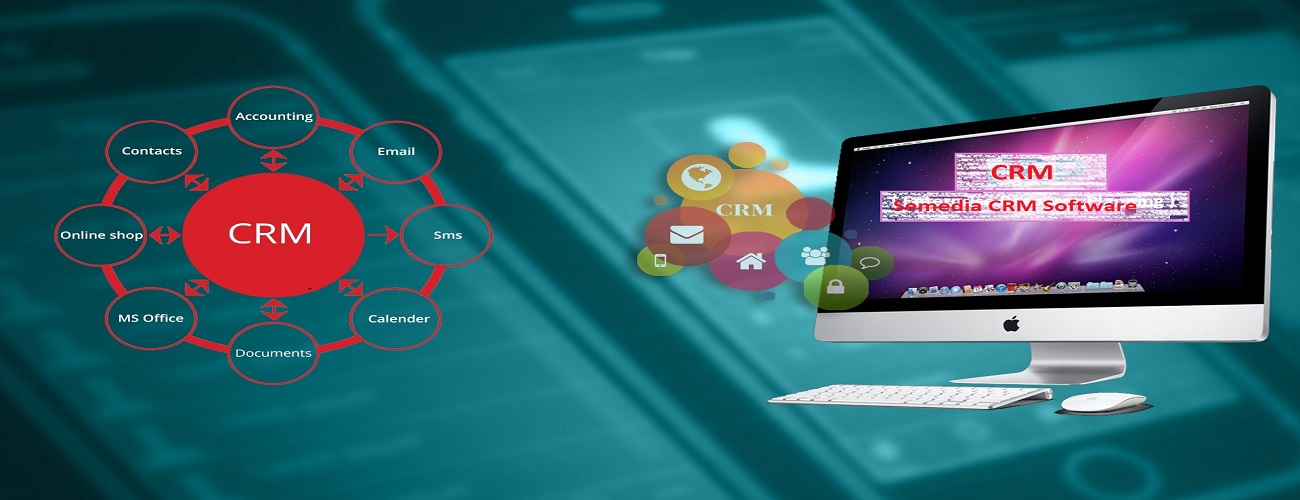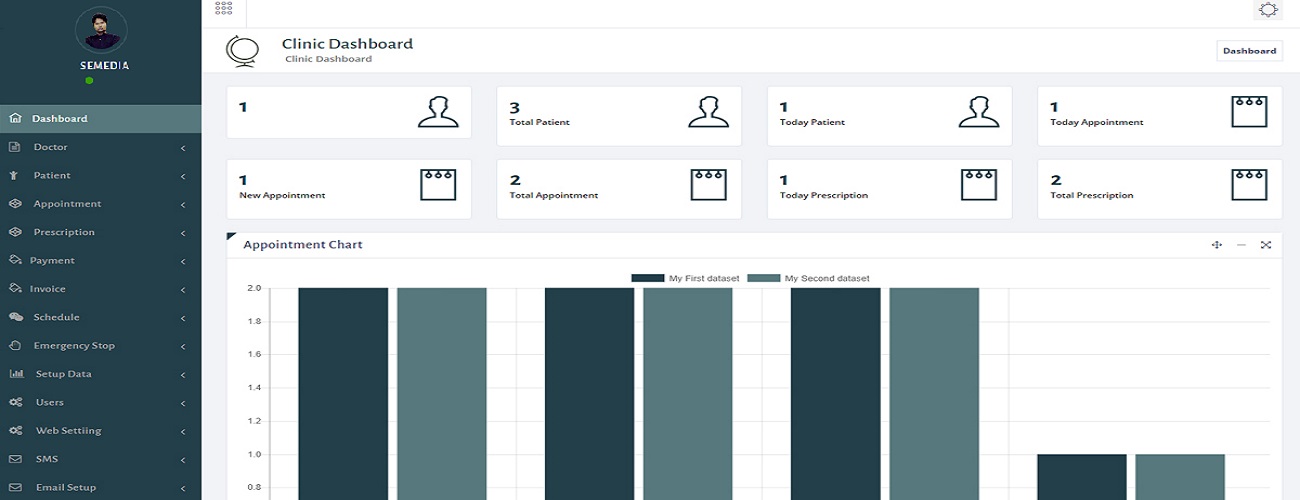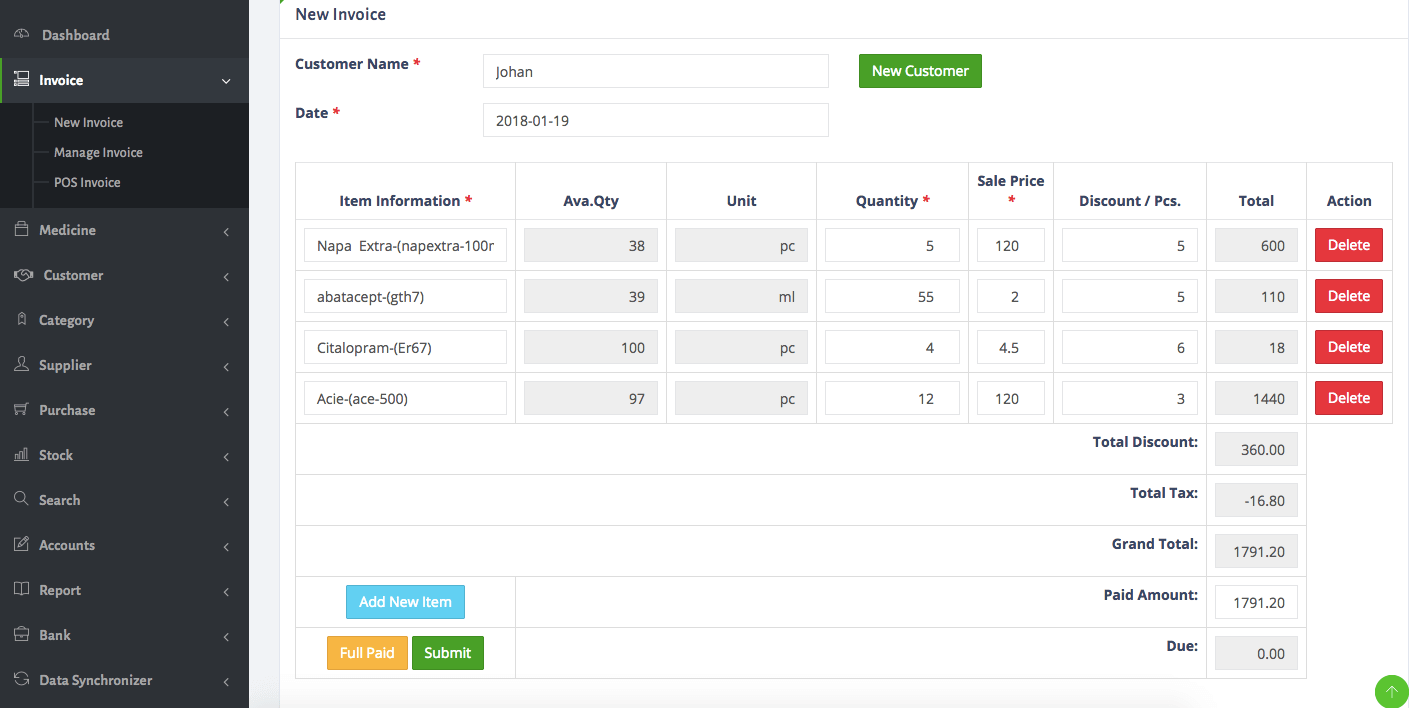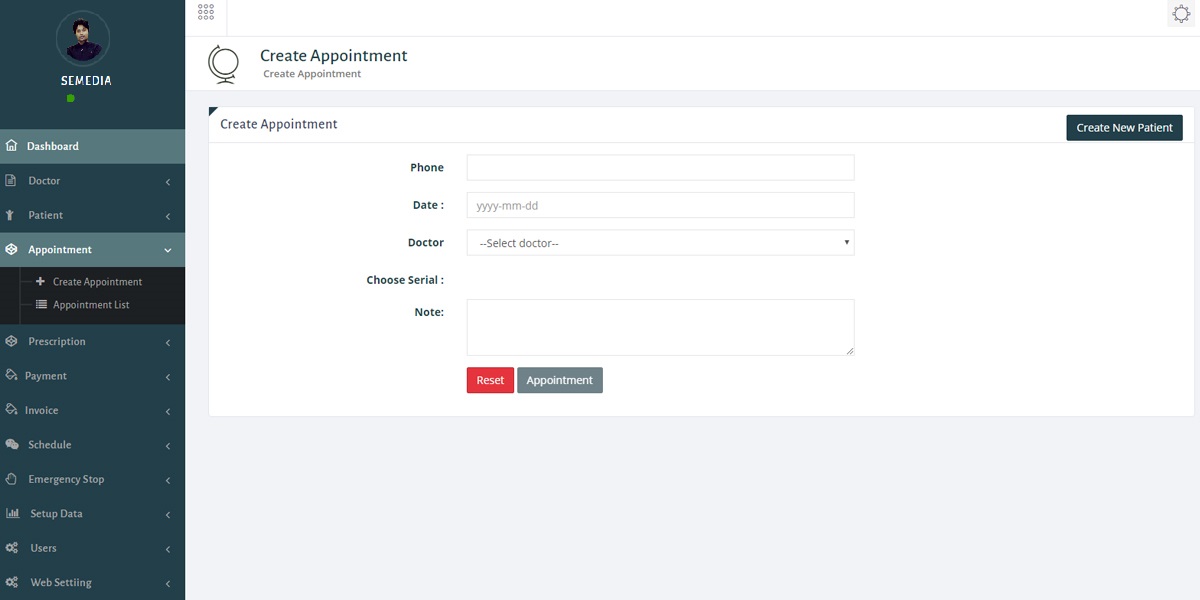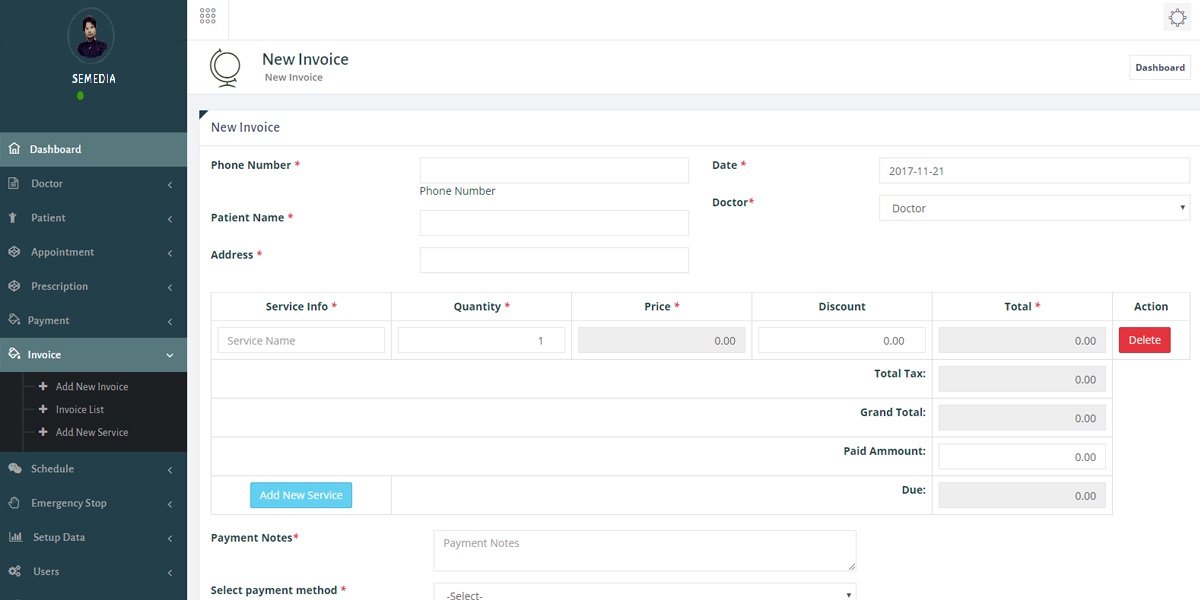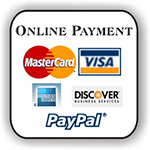CRM Software Development
Why use CRM software?
SeMedia CRM is one such comprehensive CRM software that enables businesses to manage case details, sales, customer support and inventory with the help of a single interface. Delightfully user-friendly, semediaCRM provides a holistic overview of customer interactions helping businesses to establish stronger relationships with their customer bases. The solution comprises of a robust mechanism of automated procedures that allows customer interactions through auto-responders. It keeps customers up-breast with the services they are paying for.
Benefits of CRM Development Services: -
- CRM can track customer activity at each end point.
- CRM tracks customer’s Purchase and Sales habit.
- CRM can generate and record the history of Purchase Orders, Sales Orders, and Invoices.
- CRM enables Cross selling or Upselling by providing historical data.
- CRM systematically tracks customer communication, problems, and solutions.
- CRM helps to generate sales forecasts based on Customer Feedback and Communication.
- CRM easily identifies the target audience for products, based on their purchase history.
- CRM helps the organization prevent gaps in customer service due to attrition as your business has historical data of all customers.
- CRM aids executive leadership in identifying, preventing and effectively addressing recurrent obstacles in business processes allowing for smooth functioning.
Healthcare CRM Solutions :-
We gathered a number of use cases from large, small and midsize hospitals as well as from outpatient centers. Overall, large caregivers apply CRM capabilities mostly in patient outreach and population health to:
andle preventive care email marketing campaigns;
Inform patients about cancer trials;
Create a single repository to gather and sync PHI across multiple facilities;
Provide patients with post-discharge follow-ups.
Medium and small hospitals turn to CRMs for optimization of their internal processes rather than for external communication efforts, in order to:
Optimize case management;
Introduce care team collaboration;
Improve scheduling and alerts;
Monitor medical equipment.
Outpatient centers focus on interaction with patients and improvement of internal processes, in order to:
Consolidate PHI in a centralized database;
Track patient interaction activities, appointments and follow-ups;
Evaluate staff performance.
Accordingly, we can sum up frequently used or demanded CRM features:
Communication module
Initiating and tracking interaction with patients (calls, emails, text messages, etc.);
Setting reminders and alerts (for appointments, important patient events, etc.);
Patient module
Adding or updating patient records with additional information (names, contacts, locations, card numbers, insurance, etc.); Segmenting patients to target similar groups and effectively communicate with them (pregnant women, patients with COPD and obesity, patients with bladder cancer in remission, etc.).
Task module
Adding tasks for administrative staff, care team and nurses;
Viewing and updating tasks;
Tracking assigning priority, deadlines and completion status.
Report module
Creating custom reports to compare ROI from the launched campaigns, track the rate of patient no-shows, etc.
What are the benefits of a Healthcare CRM Software?
Here are the many benefits of implementing a Healthcare CRM:
It helps in measuring the success of engagement tactics using configurable reporting.
It analyses& segments consumer and patient populations.
It measures and tracks multi-channel tactics (SMS, direct mail, email).
It allows to strategically plan and execute marketing campaigns using actionable data insights.
It enhances patient engagement with personalized outreach based on stored data.
It create a 360-degree view of consumers & patients, integrating data from multiple sources for a complete profile.
Basic Features of a Healthcare CRM:
Centralize Patient Information
Patient appointments
Patient diagnosis
Store patient scanned reports & documents
Patient medical history, add details & attach documents
Patient medication
Doctor appointment schedule
Follow up patients for return visits or checkups
Make quick & insightful decisions
Know work load of doctors
Use Healthcare CRM on all devices
Dig deeper with detailed reports
Features of Healthcare CRM: Patient-care/Hospital Panel
Patient Care
Outpatient Services
Intake Processing
Billing Services
Streamline procedure for physician credentialing & physician tracking
Offer sophisticated search of integrated information holdings & shared calendar service to save time
Deliver Self Help tools for HR, OHS, & other communications
Monitoring of incoming calls to determine query patterns
Embed clinical guidelines & protocols for easy reference
Streamline operations to ensure nursing resources are utilized appropriately
Form generation, rendering & distribution, minimize errors using workflow functions
Medical facility profiling: for patient treatment support & transfer
Medical school profiling: for recruiting & practice/research information
Features of Healthcare CRM: Patient Panel
-Billing options for patient & other clients who access healthcare services.
Access to Self Help services for registration & intake.
Provide information & program access for long-term care
Prescription benefits
Provide access to information & services for health-risk assessments
Provide user-access to information on disease & pre-disease management & access to corresponding specialist services through the CRM system
Provide access to information on symptoms/procedures/medications and get routed to proper resources
Businesses in the Healthcare Industry where CRM is application to:
Dental Clinics
Gyms & Fitness Clubs
Medical Lab & Diagnostic Centre
Manufacturing of Medical Equipment
Manufacturing of Drugs
Manufacturing of any Healthcare productsl
Retail Pharmacy Business
Medical Tourism or Medical Travel, Health Tourism or Global Healthcare providers
For CRM Solutions Service
Contact us
